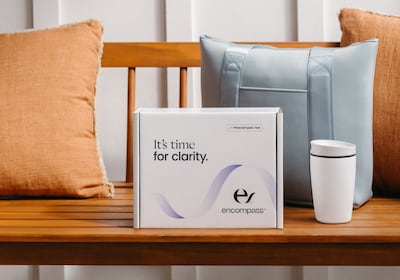The US Food & Drug Administration wants clinical trial designs to anticipate potential changes that might be necessary in the event of a public health emergency or natural disaster.
During an October workshop on mitigating clinical trial disruptions, Center for Biologics Evaluation & Research Deputy Director Celia Witten captured a key message from the discussion: “The goal is not to ensure that every
Read the full article – start your free trial today!
Join thousands of industry professionals who rely on Medtech Insight for daily insights
- Start your 7-day free trial
- Explore trusted news, analysis, and insights
- Access comprehensive global coverage
- Enjoy instant access – no credit card required
Already a subscriber?








